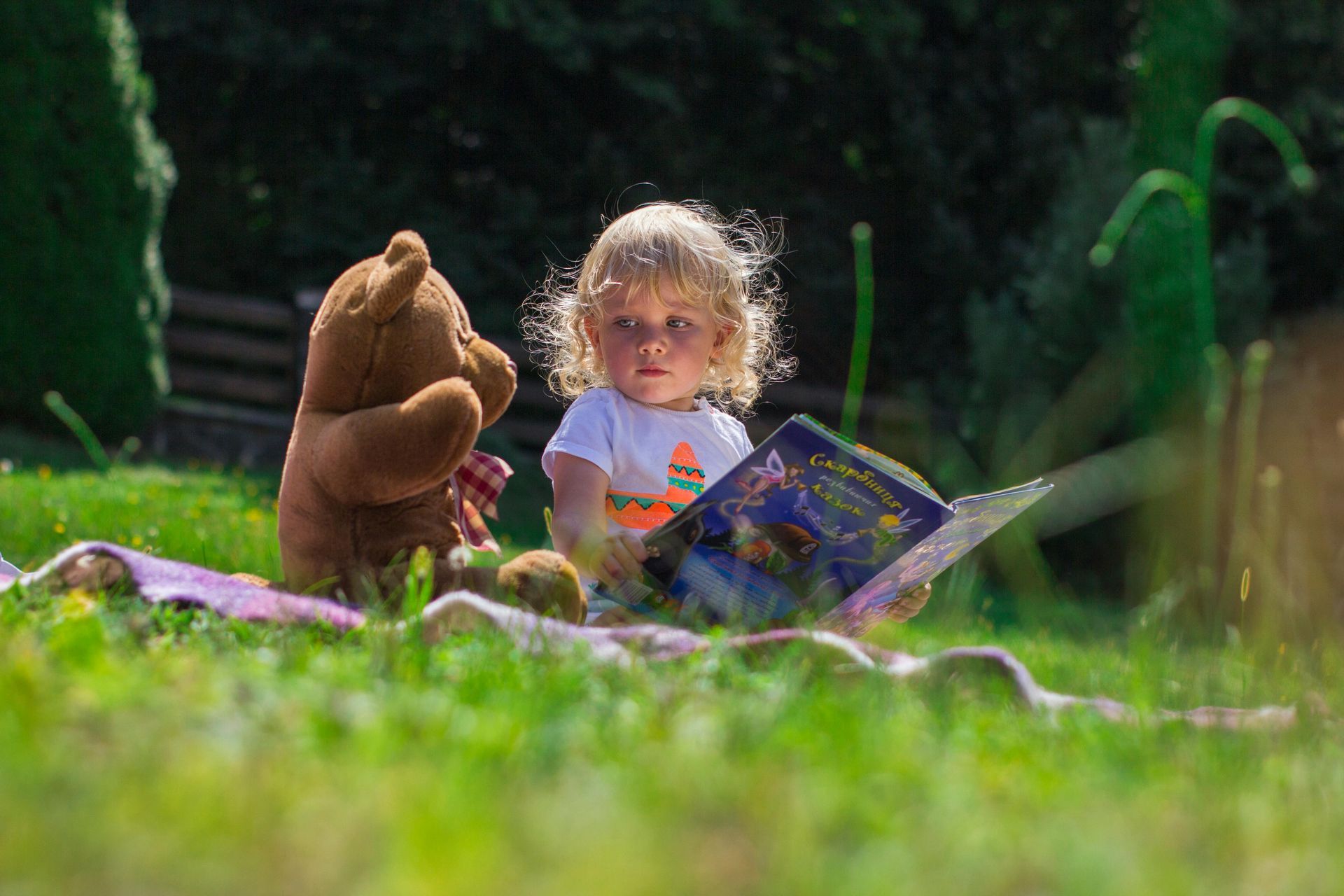Adopting a dog
The start of the year is the time that many dogs are surrendered to shelters. When the realisation of that cute bundle of fluff Christmas present kicks in, they eat, boy do they wee & poo in your home, they need entertainment, they need walking, they need discipline - it all becomes too much. Sadly this is an all too common occurrence. For the savvy of us this is the perfect time to give a home. Adopting a dog from a shelter is a wonderful way to give a loving home to a furry friend in need. Not only will you be saving a life, but you'll also be gaining a family friend.
Here are a few things to consider before you begin the adoption process:
Do your research:
Make sure you understand the responsibilities that come with owning a dog, including the cost of food, vet care and training. Research different breeds and their specific needs to find the right match for you and your lifestyle.
Visit the shelter:
Take the time to visit the shelter and meet with the staff. They will be able to provide information about the dogs available for adoption and help you find a dog that is the right fit for you.
Prepare your home:
Make sure your home is ready for your new furry friend. This includes having food and water bowls, a bed and a few toys on hand. You may also want to consider baby-proofing your home to ensure your new dog is safe and secure. You will need eyes in the back of your head, it is like having a baby.
Be patient:
Adopting a dog from a shelter can take time. The staff will want to ensure that the dog is going to a good home, so be prepared to answer questions about your lifestyle and experience with dogs. Any good shelter will do their due diligence and may even want to visit your home environment.
Be prepared to pay a fee:
Adopting a dog from a shelter typically requires a fee to cover the cost of vaccinations, spaying or neutering, and other expenses.
By following these steps, you can be sure that you are making a responsible and loving decision to adopt a dog from a shelter. Not only will you be giving a dog a forever home, but you'll also be gaining a loyal companion for years to come.











